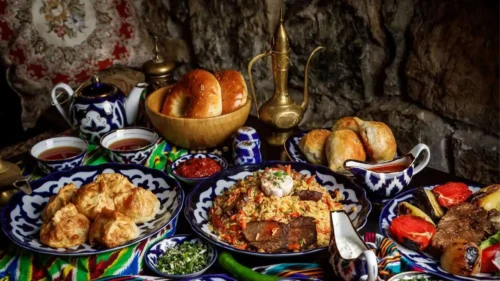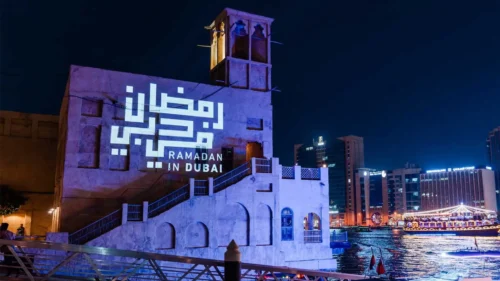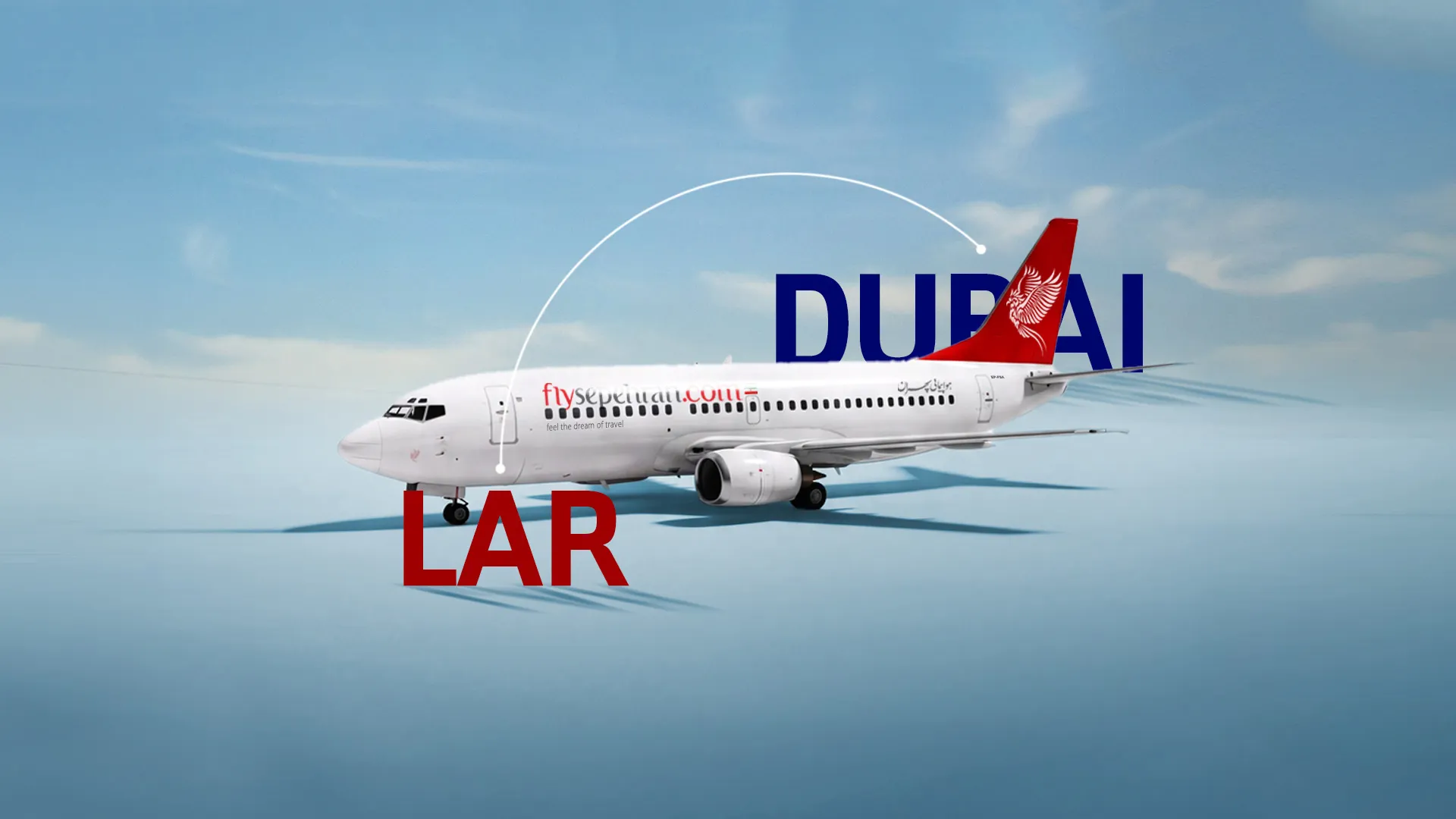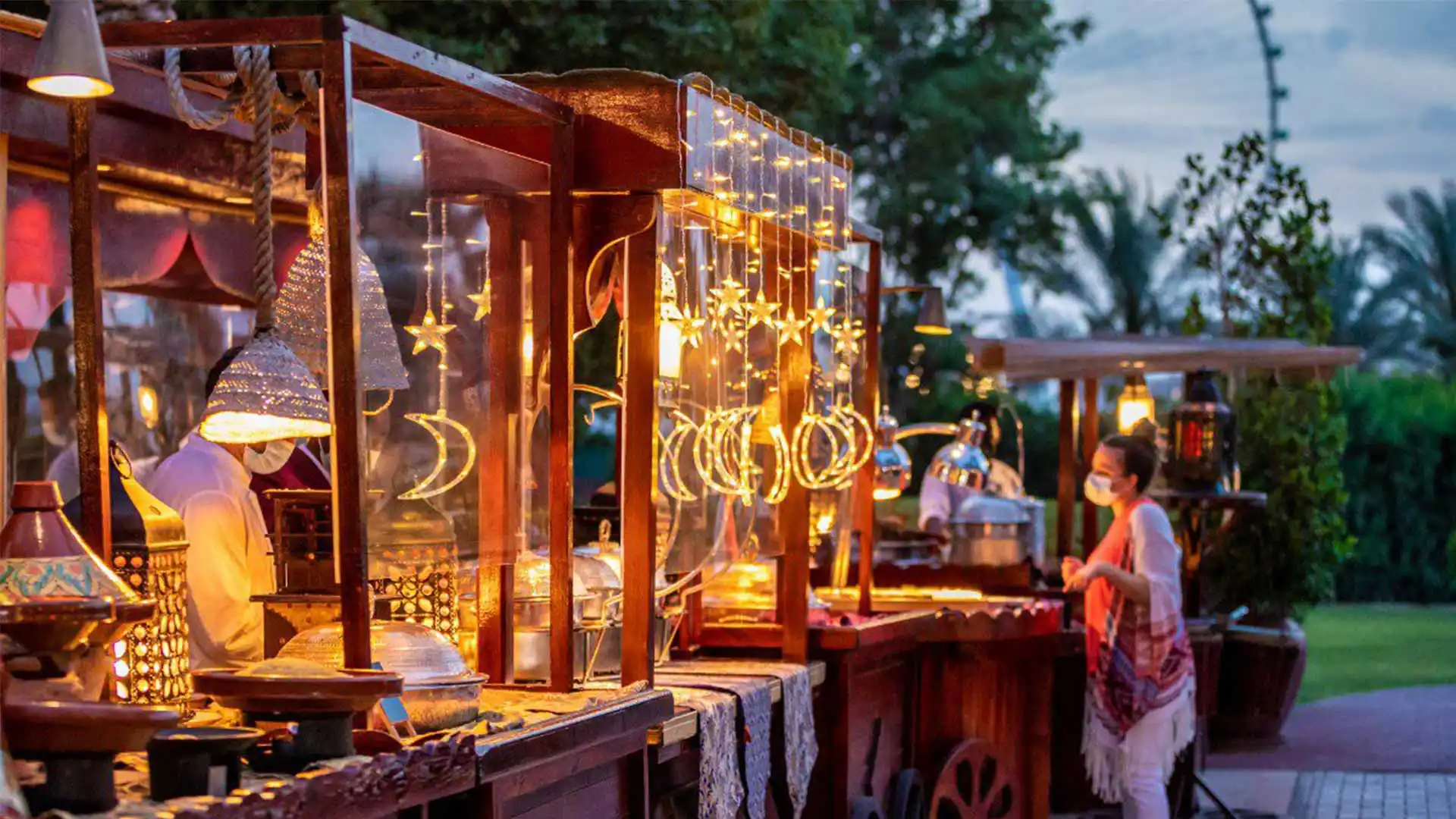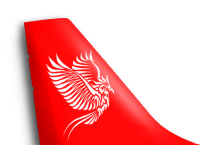Traveling to Najaf is a spiritual and valuable experience for devotees of Ahl al-Bayt. However, before planning, it is essential to know the cost of traveling to Najaf, as expenses can vary depending on your circumstances. If you travel individually, the costs will be lower, while family trips usually involve higher expenses. On the other hand, during special occasions such as Arbaeen or religious events, the prices of plane tickets and accommodations rise significantly. The duration of your stay, like in any trip, also has a direct impact on your overall budget.
In this article, we review all the main parts of the journey—including flights, accommodation, food, transportation, shopping, and additional expenses. Ultimately, a summary cost table is provided, enabling you to make the most informed financial estimate for your trip to Najaf in 2025.
Full Breakdown of Najaf Travel Expenses
- Flight ticket prices and booking for Najaf
- Accommodation costs in Najaf
- Food and restaurant expenses in Najaf
- Local and intercity transportation costs
- Shopping and souvenirs from Najaf
- Traveling during Arbaeen
- Summary of total expenses
- Final notes and recommendations
✈️ Booking Najaf Flight Tickets with flysepehran
Wondering about Najaf travel costs before booking your flight? A trip to Najaf is one of the most essential pilgrimage journeys for Iranian travelers, and booking Najaf flight tickets is among the most popular travel services. Flying is the fastest and most convenient way to reach this holy city, saving you considerable time compared to land travel.
flysepehran, offering direct flights and special services for pilgrims, is one of the best options for purchasing Najaf flight tickets. The quality of onboard services, affordable prices, and easy online booking are among the key advantages of choosing flysepehran.
Costs and Conditions of Traveling to Najaf by Land
If you are looking to save money, you can also choose the land route. Traveling to Najaf by land is usually done through the Shalamcheh, Mehran, and Chazabeh border crossings. After crossing the border, Iraqi and Iranian buses transport passengers toward Najaf and Karbala. This method is popular due to its lower cost, especially during busy times such as Arbaeen.
Key points to keep in mind when traveling by land:
- Longer duration: The land route can take many hours, depending on border traffic and road conditions.
- Bus facilities: The type of bus (VIP or standard) affects both the price and level of comfort during the trip.
- A different experience: For many pilgrims, land travel provides a special spiritual atmosphere and an opportunity to journey alongside fellow travelers.
In addition to buses, train travel is also a suitable option for reaching Iran’s border cities. From various cities across the country, you can take a train to the nearest border area, and from there continue your trip to Najaf by bus or border taxis.
If you plan a pilgrimage, knowing the Najaf travel cost in advance can save money.
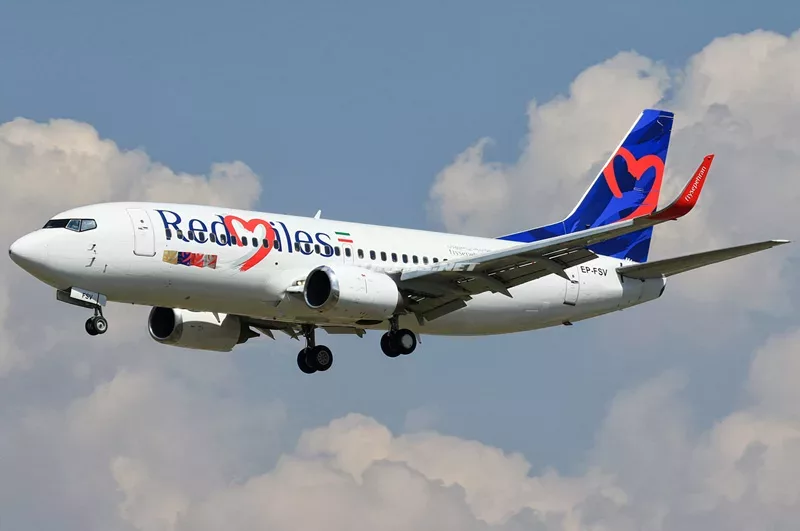
Accommodation Costs in Najaf: From Hotels Near the Shrine to Budget Options
Accommodation in Najaf is an integral part of pilgrims’ travel planning and accounts for a significant portion of expenses. Depending on budget and expectations, there are various options available—from simple, budget hotels to five-star hotels, as well as Husseiniyahs and pilgrim guesthouses:
- Budget Hotels: A suitable choice for pilgrims who want to manage their travel expenses. These hotels typically offer basic amenities and are usually located near the shrine.
- Mid-range Hotels near the Shrine: Ideal for families and those seeking more comfort. These hotels typically provide services such as breakfast and free internet, with their proximity to the shrine being their most significant advantage.
- Luxury Hotels: For pilgrims who prioritize comfort and comprehensive services, 4- and 5-star hotels in Najaf are available, offering high-level facilities and amenities.
- Husseiniyahs and Pilgrim Guesthouses: During special occasions such as Arbaeen, many pilgrims choose to stay in Husseiniyahs or guesthouses instead of hotels. These places are more affordable, and their communal atmosphere creates a unique spiritual experience for visitors.
Pilgrims usually calculate the Najaf travel cost along with accommodation expenses.
Food Costs and Restaurants in Najaf | Guide to Meal Prices and Local Dishes
The unique taste of Najaf’s cuisine is an important part of the travel experience, and the costs vary depending on the type of restaurant and the chosen meal. Najaf offers delicious and famous local dishes that are attractive for every pilgrim or tourist to try. In this section, you will learn about the approximate prices of meals, the most popular local foods, and tips on saving money.
Famous Local Dishes in Najaf
-
Qeema Najafi: This dish is usually prepared during religious ceremonies, especially in the months of Muharram and Safar, and is distributed as a charity meal (nazri) among people. Qeema Najafi is made with meat, split peas and chickpeas, onions, and special spices, and is served with rice. Thanks to its extraordinary taste and its cultural significance as a local food during special occasions, it has become a culinary symbol of Najaf.
-
Arabic Kubba: One of the most famous Arabic dishes, which is very popular in Najaf. Arabic Kubba comes in two varieties: rice kubba and bulgur kubba. Thanks to their unique taste and aroma, they are loved by both locals and pilgrims.
-
Masgouf: A type of grilled fish cooked over an open fire, considered one of the most famous dishes in Iraq.
-
Fasoulia: A type of Arabic stew made with white beans and either chicken or meat. Its rich and delicious taste comes from the Arabic spices added to it. Fasoulia is usually served with bread or rice.
Knowing the average Najaf travel cost helps you plan your journey wisely.
Famous Restaurants in Najaf
An essential part of any trip to Najaf is discovering local dishes and choosing the right restaurant. The city offers a wide variety of food, from simple and traditional breakfasts to a range of meat and stew-based dishes, ensuring that every traveler can find something to suit their taste and budget. Being aware of popular restaurants and their price ranges helps with better travel cost planning.
Along with checking the Najaf travel cost, don’t miss the city’s traditional Iraqi restaurants. The table below introduces some of the well-known restaurants in Najaf, along with the type of food they serve and the approximate cost of meals.
| Restaurant Name |
Type of Food |
Approximate Price (Iraqi Dinar) |
| Haider Shawakeh |
Various meat dishes |
12,000 – 25,000 |
| Hajj Fares |
Stews and fish dishes |
10,000 – 22,000 |
| Al Agid |
Various hot and cold breakfasts |
2,000 – 8,000 |
| Iranian Shandiz |
Iranian and traditional dishes |
15,000 – 30,000 |
Prices are approximate and may vary depending on the type of food and the number of companions.
Urban and Intercity Transportation Costs in Najaf
Travel to Karbala and Najaf During Arbaeen
Traveling to Najaf during Arbaeen is one of the most crowded and special times of the year. Millions of pilgrims from different countries, especially Iran, travel to Iraq during this period. The large number of visitors causes expenses to change compared to other times of the year.
Travel Costs During Arbaeen
- Transportation: Airfare to Najaf during this period usually increases significantly, and flights sell out quickly. Many pilgrims prefer to use land border routes, which are more economical but require more time and energy.
- Accommodation: Finding a hotel or guesthouse in Najaf during Arbaeen is very difficult. A large part of accommodation during this time is provided free of charge by Makebs (pilgrims’ service stations).
- Food: Along the walking routes and inside Najaf city, Makebs offer free food and drinks to pilgrims. However, in restaurants and shopping centers, prices may be higher than usual due to the crowds.
Important Tips for Managing Costs During Arbaeen
- Early booking: If you intend to use flights or hotels, be sure to make your reservation months in advance.
- Use of Makebs: Many food and even accommodation expenses are covered by Makebs.
- Group travel: Joining pilgrimage caravans significantly reduces transportation and some service costs.
Comprehensive Travel Costs to Najaf
| Expense Category |
Description |
Approximate Range (Iraqi Dinar) |
| Najaf Flight Ticket |
Depends on the season and the Arbaeen period |
300,000 – 800,000 |
| Accommodation |
Per night, depending on the type of lodging |
15,000 – 50,000 |
| Food |
Per meal, depending on restaurant type |
5,000 – 20,000 |
| Transportation |
Within the city or intercity |
1,000 – 40,000 |
| Souvenirs & Shopping |
Depending on the type of goods |
10,000 – 70,000 |
| Other Expenses |
Visa, internet, entrance fees |
5,000 – 50,000 |
Note: For a 3-day trip to Najaf, an approximate budget of 400,000 to 1,200,000 Iraqi dinars is required.
Conclusion and Final Tips
For traveling to Najaf, the following practical tips can make the journey easier and more cost-effective. Using public transportation instead of taxis reduces expenses and provides a more authentic experience of the city. Choosing local restaurants instead of tourist-oriented ones not only saves money but also allows you to taste the authentic flavors of Najaf’s cuisine. Proper timing when buying souvenirs and gifts, selecting reputable shops, and avoiding crowded days help control costs. Smart booking of accommodations—combining options near the shrine with budget guesthouses—and taking advantage of free facilities such as Makebs can make the trip more comfortable and free of financial stress.
Frequently Asked Questions about Traveling to Najaf
Does traveling to Najaf require a visa?
Iranian citizens do not need a visa to travel to Najaf. Other nationalities must check their visa requirements before traveling and complete any necessary legal procedures if required.
What is the best time to travel to Najaf?
Autumn, winter, and early spring are the best times to visit Najaf. During these seasons, the weather is mild, creating favorable conditions for pilgrimage and visiting religious sites.
How can one get from Najaf Airport to the city center?
From Najaf Airport, you can reach the city center or your accommodation using official taxis, online taxi services such as Careem, or hotel transfers. It is recommended to confirm the route and fare before starting your trip.
Is internet and mobile service available in Najaf?
Yes, internet is available in many hotels and cafés. You can also purchase local SIM cards and use mobile internet.
Is it possible to exchange Iranian currency for Iraqi Dinar in Najaf?
Yes, exchange offices in Najaf provide currency conversion services. Exchange rates may vary; therefore, it is recommended to compare rates beforehand and use reputable exchange offices.
Are there dress code restrictions in Najaf?
Yes, entry into religious sites in Najaf requires appropriate attire. Men should wear trousers and long-sleeved shirts, while women are required to wear full coverage clothing.
Is access to medical services available in Najaf?
Yes, hospitals and medical centers are active in Najaf. It is recommended to obtain valid travel insurance before your trip to ensure proper coverage in case medical services are needed.
What are the most famous souvenirs of Najaf?
The markets of Najaf are great places to buy souvenirs such as Durr al-Najaf (Najaf stone), prayer beads (Tasbih), traditional perfumes, and prayer rugs (Janamaz and Sajada). The Grand Bazaar of Najaf (Al-Souq Al-Kabeer) is considered one of the most famous shopping centers in the city.
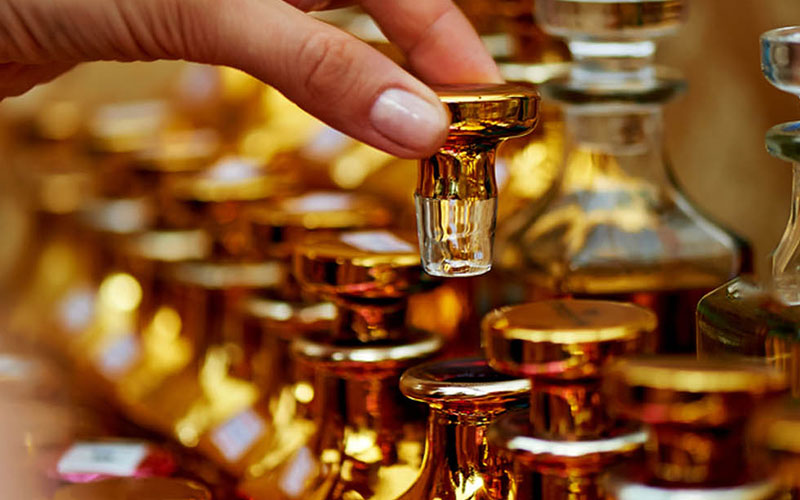


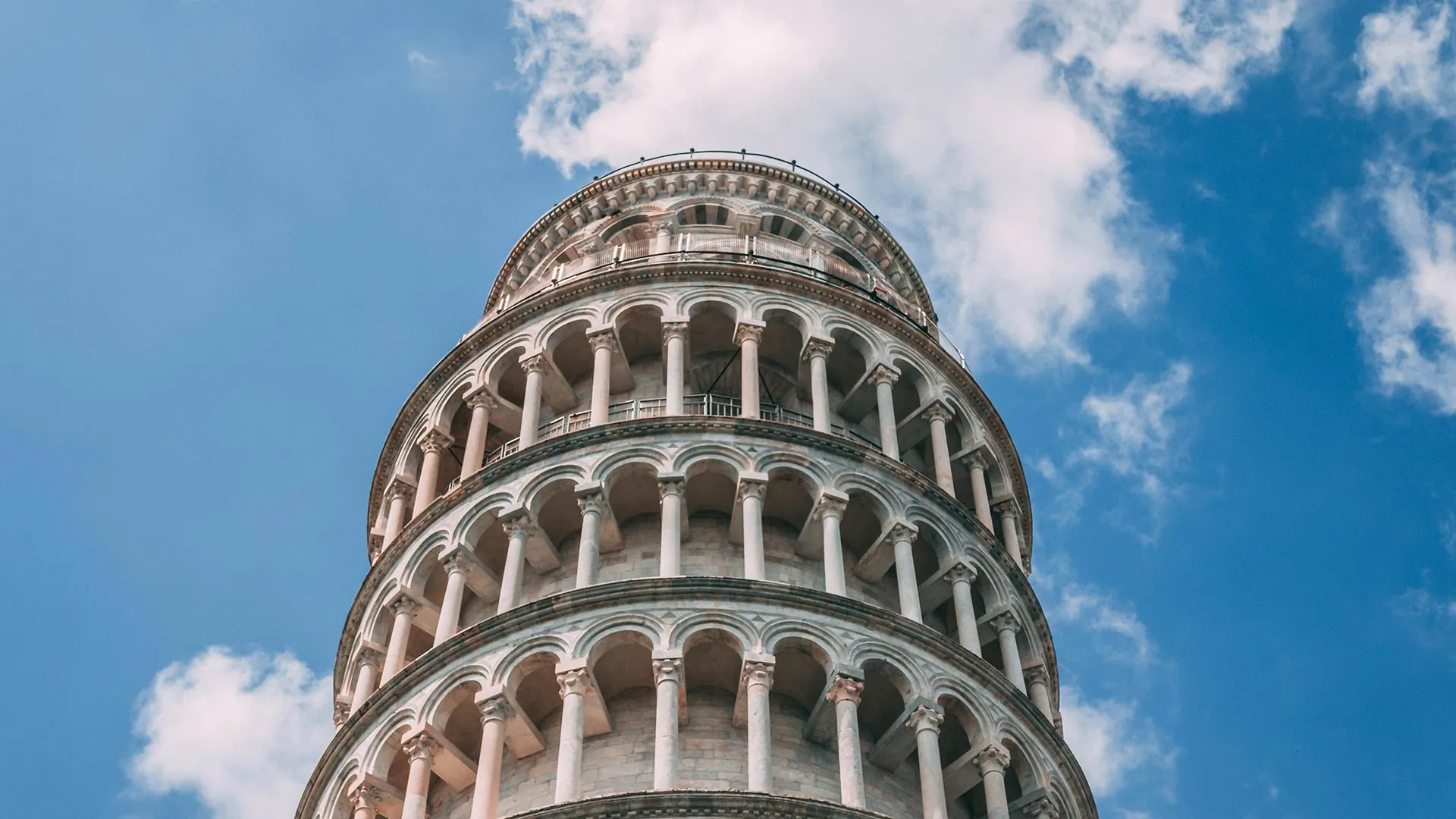
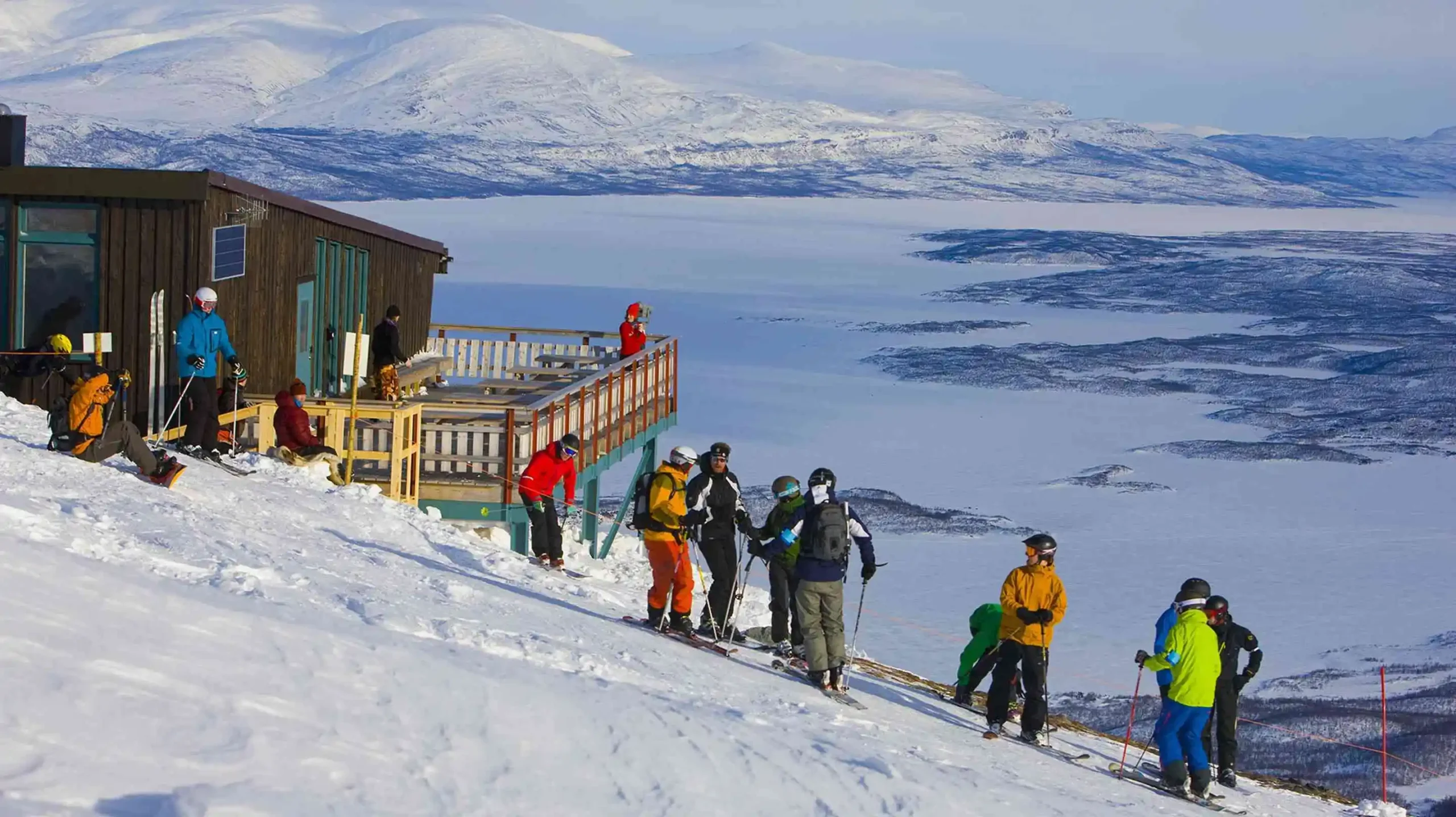

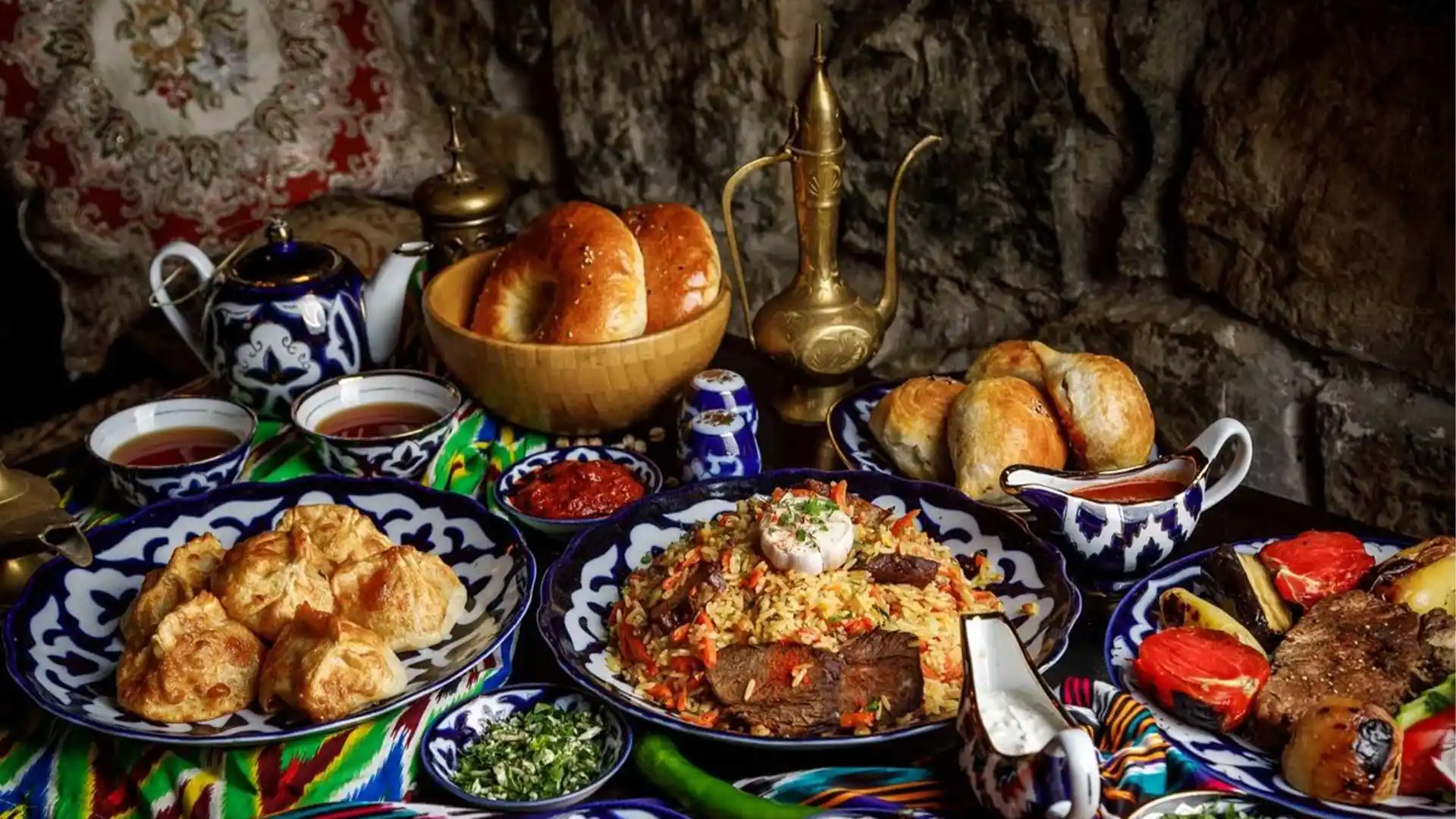
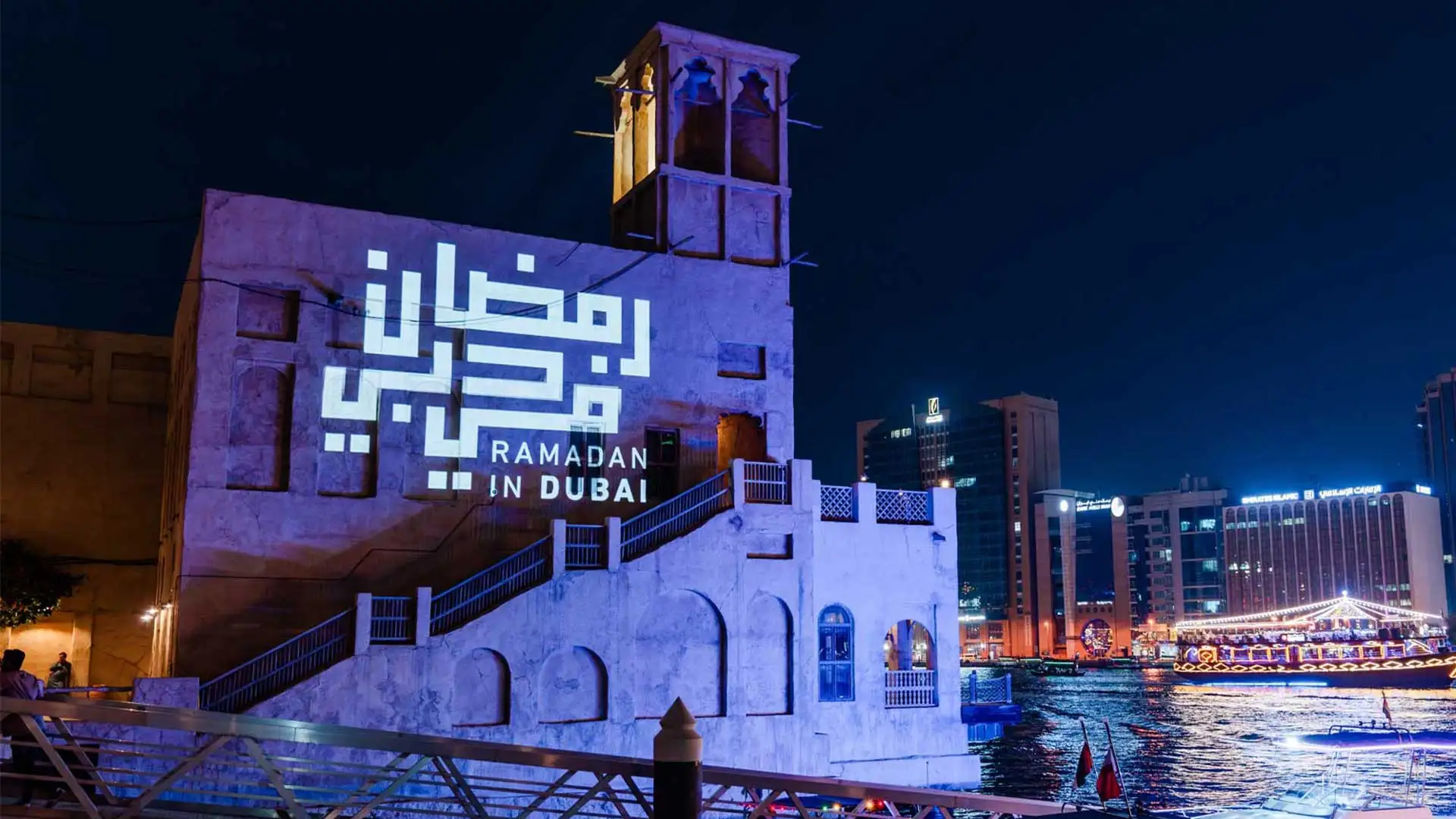
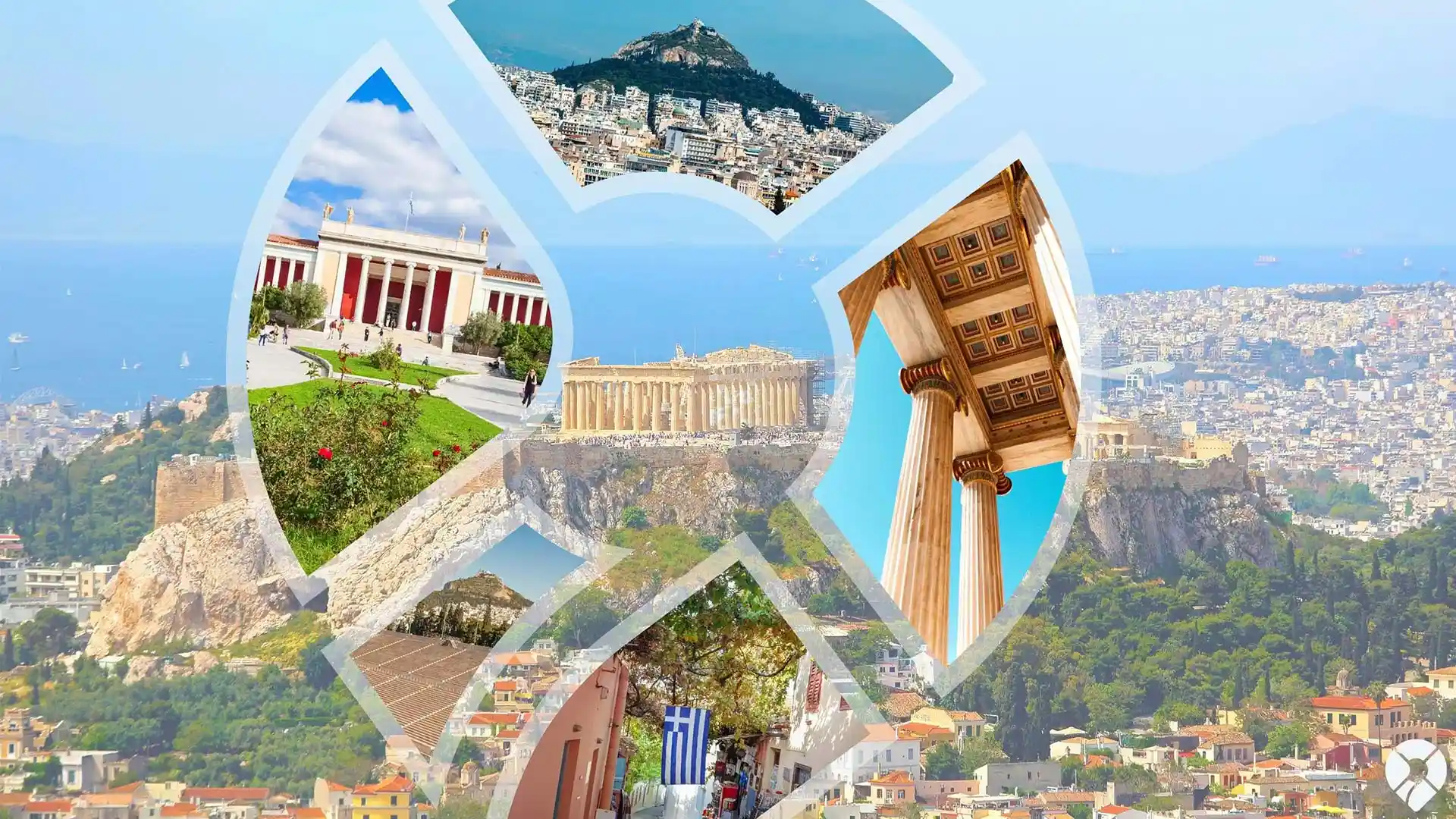

 Reading suggestion: Best Hotels in Najaf
Reading suggestion: Best Hotels in Najaf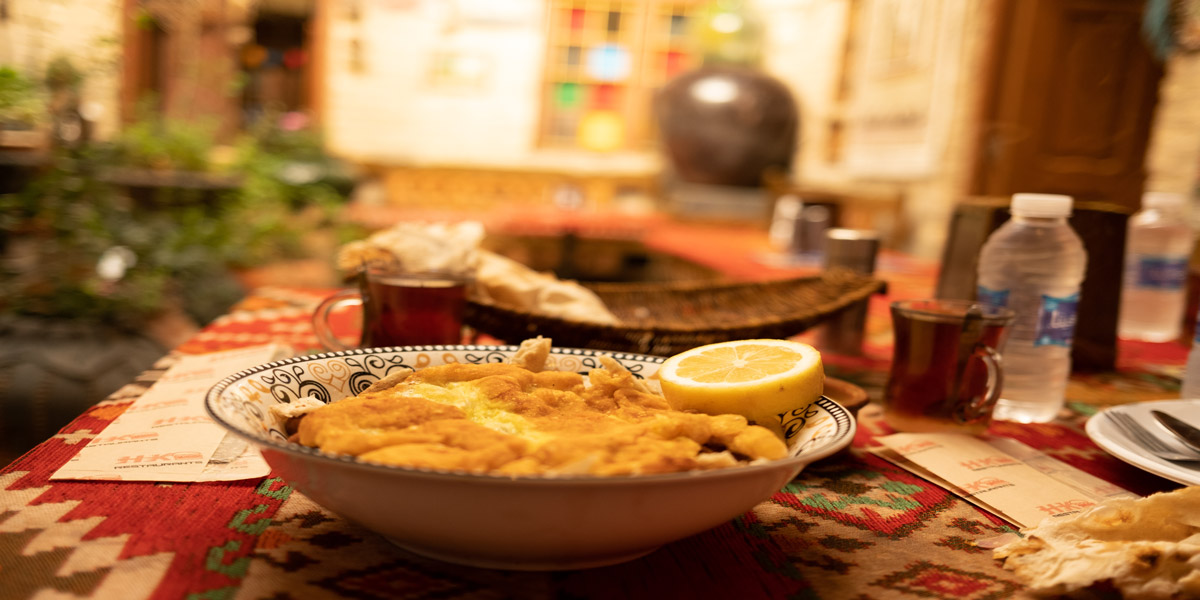 Reading suggestion: Best Restaurants in Najaf
Reading suggestion: Best Restaurants in Najaf